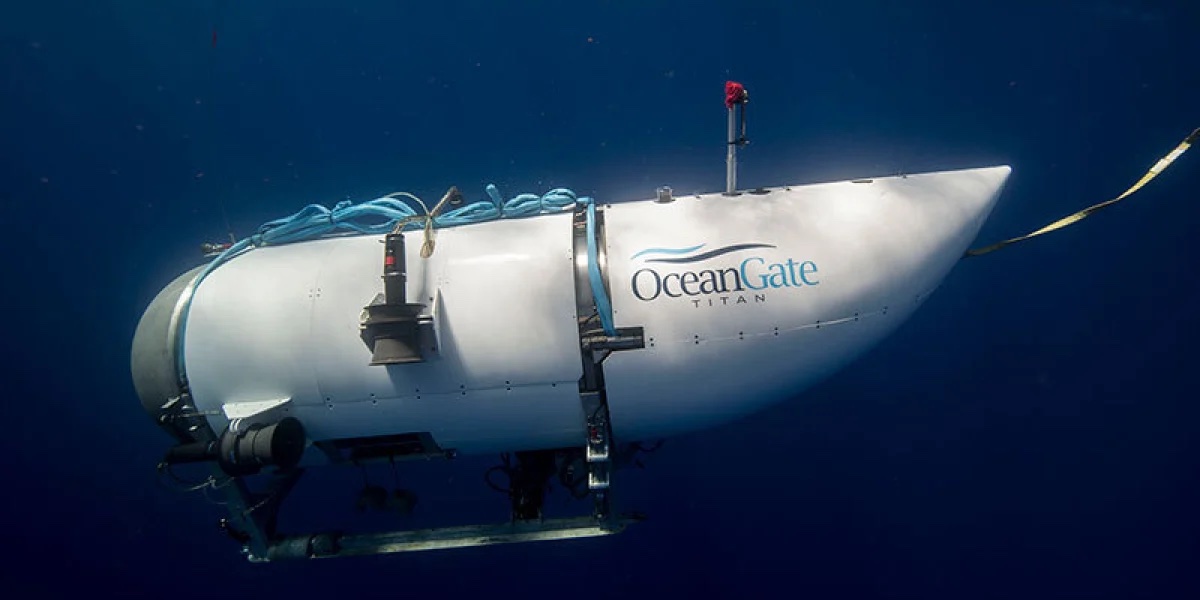5 vs 1.
A simple hypothetical.
Consider this philosophical problem of a train, hurtling towards 5 people, helplessly tied to the track in front of them. If nothing is done, the train will carry on towards them and kill all 5 of them.
Alas, you are standing at the track junction with the opportunity to switch the train to another track, which will kill 1 person instead of 5.
For most people, apart from the consideration of the act of switching the lever itself, the answer is simple, to save 5 lives over the 1.
750 vs 5.
Another situation, but no longer hypothetical. Of course, drawing a connection between the former hypothetical and this real situation could prove unreasonable and unhelpful, but it is perhaps worth condensing this issue to a simple calculation of numbers as a measure of life. By that same merit, the allocation of resources presented to these issues might suggest otherwise, and that one life just simply can’t be measured in equivalence to another.
Of course, the issues being referred to are the events of the Oceangate Titan Submersible implosion, and the boat of immigrants capsizing off the coast of Greece. Oceangate in its time-sensitive mission seemed to reach everyone, as millions of dollars in search and rescue efforts were sent out across the Atlantic Ocean in search for the 5 people on board the Oceangate Titan Submersible, looking to explore the shipwreck of the Titanic for a heft recreational price of USD 250,000 a ticket. It’s a story that the news climate of June 2023 brought to essentially everyone, when the Titan sub lost communications on Sunday the 18th of June in the Atlantic Ocean, with an estimated oxygen supply of just over 90 hours. For the next few days, the world was on edge as they awaited the results of rescue efforts from the U.S. Coast Guard, Canadian Coast Guard, and more. Unbeknownst to everyone, the 5 people onboard the submarine had already passed away from an instantaneous implosion, likely at the moment they lost communications from a structural failure. Oceangate experienced vast criticism from the public as well as countless professionals, such as Titanic director and deep-sea diver James Cameron, targeted towards the company’s poor safety practices and seemingly makeshift engineering practices. It is inarguable that for the days of the search, the Oceangate rescue mission gained the attention of the world.
Four days earlier on the 14th of June 2023, there was a crisis in the Mediterranean Sea, where a boat of 750 refugees and immigrants capsized, with only just over 100 survivors. The boat had on board up to 750 people from the likes of Pakistan, Syria, Egypt and Palestine, with only a small portion to be saved by the Greek Coast Guard.
“The hull of the fishing trawler lifted out of the water as it sank, catapulting people from the top deck into the black sea below. In the darkness, they grabbed onto whatever they could to stay afloat, pushing each other underwater in a frantic fight for survival. Some were screaming, many began to recite their final prayers.” – CNN
Two similar events; lives at stake in the middle of different oceans at almost the same time, but a completely different response from the world poses questions against the value of the life of an immigrant, against the value of the life of a billionaire. Of course, while these two issues may not necessarily be equivocal, it is still worth comparing to see the response of the world to two similar situations.
Following BBC’s Instagram feed, they posted a total of 28 stories on the Titan submersible, while the immigrant tragedy in Greece was met with 2 posts. The response from governments and other organizations showed the same degree of consideration, where only the Greek coast guard was looking to help the boat of 750 immigrants, as 11 ships searched for signs of the Titan submersible.
It brings in important discussions about the value of life.
Were the lives of those 5 men aboard the Titan submersible more valuable than the 750 immigrants? Society’s answer already seems to be clear.













Daniel W • Aug 1, 2023 at 3:07 pm
Loved the article, great points James!